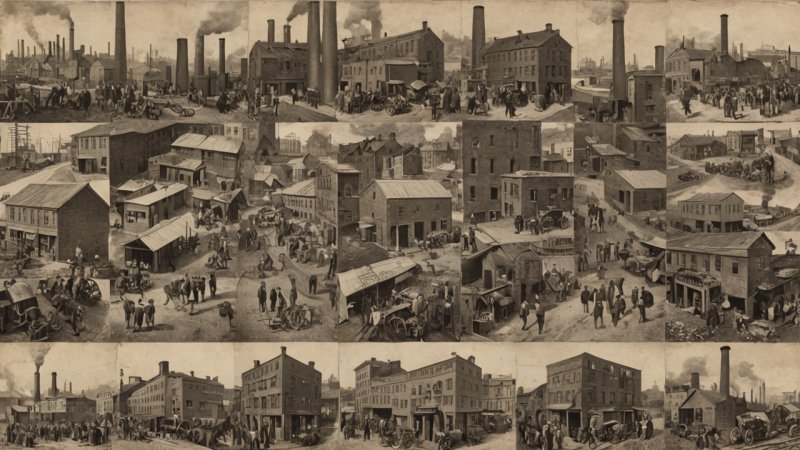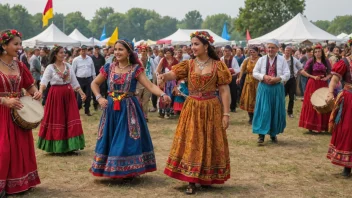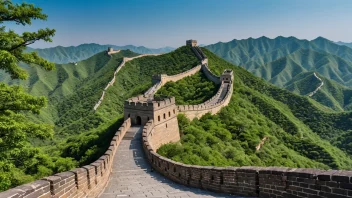The Industrial Revolution, a profound transformation that began in the late 18th century, marked a turning point in human history. As societies shifted from agrarian economies to industrialized urban centers, the cultural landscape underwent significant changes. Understanding these cultural impacts can shed light on the evolution of modern society.
One of the most notable changes during this period was the rise of urbanization. As factories sprouted up, people flocked to cities in search of work. This migration altered the social fabric, leading to the development of a more diverse population. Cities became melting pots of various cultures, traditions, and lifestyles, fostering a sense of community but also presenting challenges in terms of social cohesion.
Additionally, the Industrial Revolution catalyzed shifts in gender roles. Women increasingly entered the workforce, challenging traditional notions of femininity and contributing to the early movements for women's rights. Their participation in factories and later in the suffrage movement played a pivotal role in reshaping societal expectations and norms.
The arts and literature also experienced dramatic transformations during this period. The harsh realities of industrial life inspired a new wave of literary works, as authors sought to capture the struggles of the working class. The writings of Charles Dickens, for instance, highlighted the plight of the urban poor, influencing public perception and prompting discussions about social reform. Similarly, visual artists like the Impressionists began to depict the changing landscapes and lifestyles brought about by industrialization.
Moreover, the Industrial Revolution significantly impacted education. As the demand for skilled labor increased, educational systems evolved. Literacy rates rose, and public education became more accessible, fostering a sense of individualism and empowerment among the populace. This shift laid the groundwork for modern educational practices and the value placed on lifelong learning.
Technological advancements during the Industrial Revolution also transformed cultural practices. Innovations such as the printing press and telegraph revolutionized communication, enabling ideas to disseminate rapidly across distances. This newfound accessibility to information contributed to the rise of a more informed and engaged citizenry.
In conclusion, the cultural impact of the Industrial Revolution is profound and multifaceted. From urbanization and changing gender roles to transformations in the arts, education, and communication, this period laid the foundation for many aspects of contemporary culture. Recognizing these historical shifts allows us to appreciate the complexities of our modern society and the ongoing influence of our industrial past.






